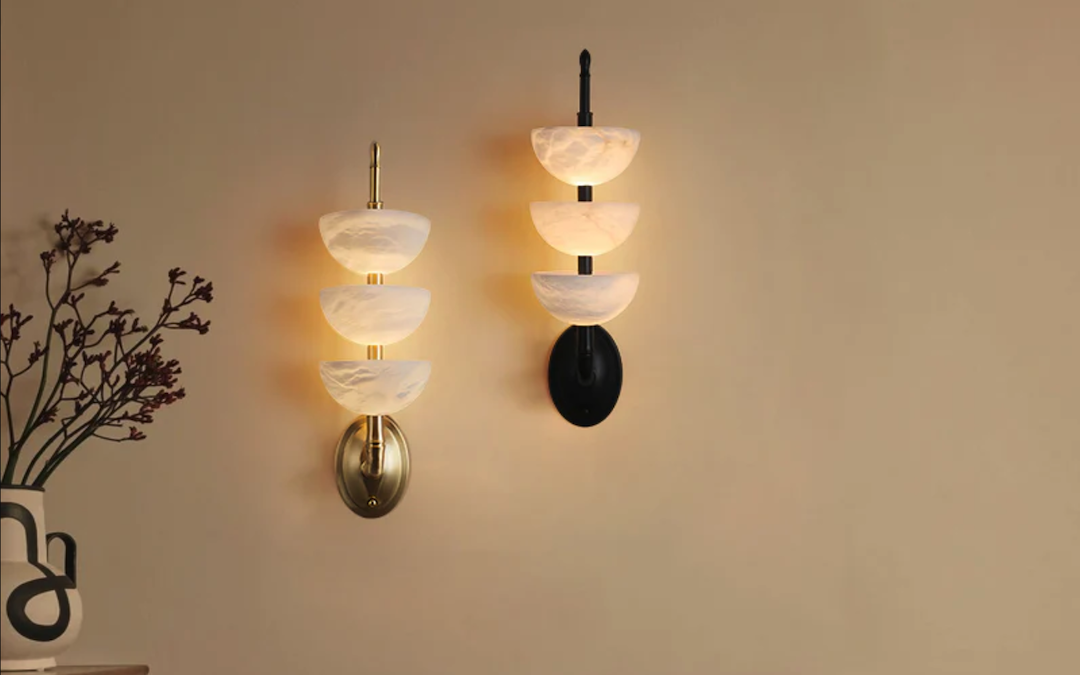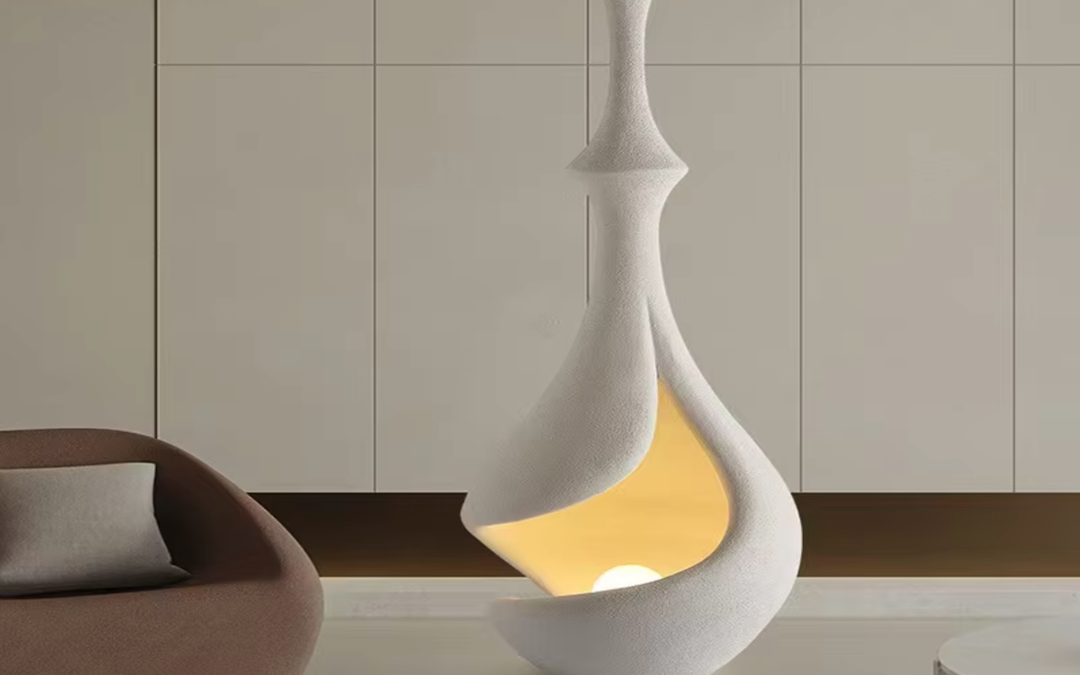
Bruno Munari Light: Illuminating the Art of Design and Innovation
Introduction
Bruno Munari was a multifaceted Italian artist and designer who made contributions to art, design, and philosophy. Munari’s approach to design was intuitive, playful, and experimental. His innovative designs, particularly in lighting, continue to inspire contemporary designers. The Bruno Munari Light is one of the most celebrated designs and a testament to his creativity.
The Life of Bruno Munari
Bruno Munari was born in Milan, Italy, in 1907. Although he was trained as an artist, he worked in many fields, including graphic design, industrial design, photography, and sculpture. In 1927, he enrolled at the Milan Polytechnic School of Engineering, where he studied art and industrial design. After he graduated, Munari worked as a graphic designer for several publishing houses, and in the 1930s, he designed posters for the Italian Fascist government.
During World War II, Munari joined the anti-Fascist resistance movement and worked as a correspondent for an underground newspaper. After the war, he moved to Argentina, where he worked as an industrial designer and photographer. In the 1950s, he returned to Italy and became known for his innovative designs, which combined art and technology.
The Bruno Munari Light
The Bruno Munari Light, also known as the Falkland Lamp, was designed in 1964. The light is a simple, elegant design that consists of a light bulb enclosed in a transparent plastic sphere. The sphere is mounted on a metal stem, which can be rotated to adjust the light’s direction.
What makes the Bruno Munari Light so innovative is its use of technology. The plastic sphere is made of a material called polymethyl methacrylate (PMMA), which is a type of plastic that is lightweight, shatterproof, and transparent. PMMA was a new material at the time Munari designed the light, and he was one of the first designers to use it in a lamp.
The Bruno Munari Light’s design is also influenced by his artistic background. Munari believed that design should be playful and experimental, and the Falkland Lamp is an example of this philosophy. The light’s spherical shape and transparent material create a sense of lightness and playfulness. The lamp’s name is also playful, named after the Falkland Islands, a British territory off the coast of Argentina where Munari lived in the 1940s.
The Legacy of Bruno Munari
Bruno Munari’s work has had a significant impact on contemporary design. His approach to design, which combined art and technology, continues to inspire a new generation of designers. The Bruno Munari Light is still in production today and is considered a classic design.
Munari’s legacy is not just in his designs, but also in his philosophy. Munari believed that design should be accessible and democratic, and he worked to make his designs affordable and accessible to everyone. His ideas about design continue to influence contemporary design, and his impact on the field will be felt for generations to come.



